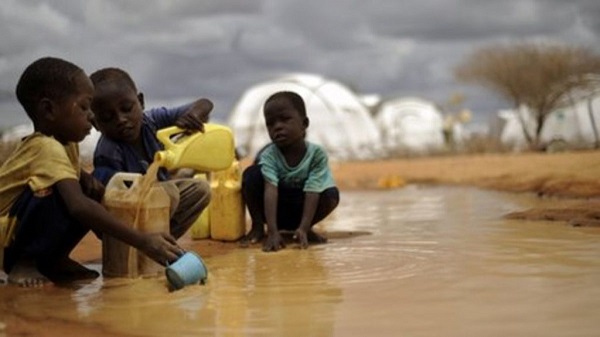
The Nigeria Centre for Disease Control and Prevention (NCDC) has documented 210 new suspected cases of cholera infections and recorded 10 ‘suspected’ deaths in eight states of the federation, from July 31 to August 27, 2023.
This information was conveyed through the NCDC’s official website in its most recent monthly situation report on cholera, covering epidemiological (EP) weeks 31 to 34.
Cholera is a bacterial infection caused by the bacterium Vibrio cholerae and is primarily transmitted through contaminated water and food. It is most commonly found in areas with poor sanitation and limited access to clean water. The symptoms of cholera include severe watery diarrhea, vomiting, and dehydration, and if left untreated, it can be life-threatening, as reported by the World Health Organisation (WHO).
The public health agency has highlighted that the suspected cases and deaths related to cholera in 2023 have seen significant reductions of 63 and 67 per cent, respectively, compared to the figures reported during Epidemiological Week 34 in 2022. On August 27, 2022, the country recorded 84 suspected deaths and 2,860 suspected cases across 25 states, resulting in a case fatality ratio (CFR) of 2.9 per cent.
The report states that six states, namely Cross River (718 cases), Katsina (302 cases), Bayelsa (265 cases), Ebonyi (227 cases), Niger (136 cases) and Abia (118 cases), collectively account for 62 per cent of the suspected cases in 2023.
In the eight states that reported 210 suspected cases, Zamfara State in the northwest had the highest number of infections with 190 cases, followed by Kano and Bayelsa with seven and five cases, respectively. Additionally, Bauchi, Niger and Borno states reported two cases each, followed by Gombe and Adamawa states with a single case each.
The NCDC conducted 21 cholera rapid diagnostic tests (RDT), with nine positive results (eight in Zamfara and one in Bayelsa). Additionally, 26 stool culture tests were performed, resulting in three positive outcomes.
The national multi-sectoral Cholera Technical Working Group (TWG) is actively monitoring response efforts across the affected states.
To prevent cholera, several measures can be taken:
Ensure access to clean and safe drinking water. If the water source is questionable, it can be treated by boiling, using water disinfectant tablets, or employing a water filter.
Practice good hygiene. Regularly wash hands with soap and clean water, especially before handling or consuming food.
Cook food thoroughly. Pay particular attention to seafood and avoid consuming raw or undercooked foods, especially shellfish.
Proper waste disposal. Dispose of waste properly and safely to prevent contamination of water sources.
Cholera vaccine: Consider getting vaccinated, especially when travelling to areas at high risk of a cholera outbreak.
Oral rehydration therapy: In case of diarrhoea and dehydration, oral rehydration therapy can be used to replenish fluids and electrolytes in the body. It involves drinking a solution of clean water, salt and sugar or using oral rehydration salts.
Preventative measures are crucial in controlling the spread of cholera and reducing the risk of infection, as advised by experts.

